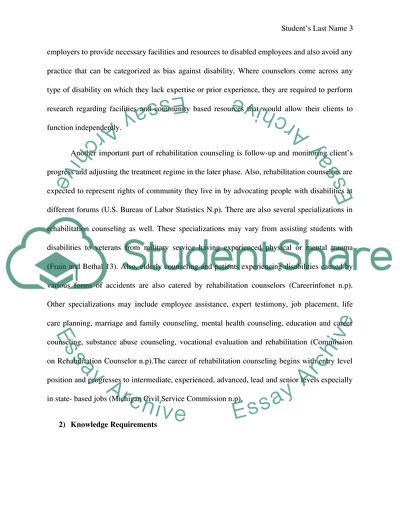Cite this document
(Rehabilitation Counseling: A Career Overview Assignment, n.d.)
Rehabilitation Counseling: A Career Overview Assignment. https://studentshare.org/psychology/1809489-psychology-carrer-paper
Rehabilitation Counseling: A Career Overview Assignment. https://studentshare.org/psychology/1809489-psychology-carrer-paper
(Rehabilitation Counseling: A Career Overview Assignment)
Rehabilitation Counseling: A Career Overview Assignment. https://studentshare.org/psychology/1809489-psychology-carrer-paper.
Rehabilitation Counseling: A Career Overview Assignment. https://studentshare.org/psychology/1809489-psychology-carrer-paper.
“Rehabilitation Counseling: A Career Overview Assignment”. https://studentshare.org/psychology/1809489-psychology-carrer-paper.


